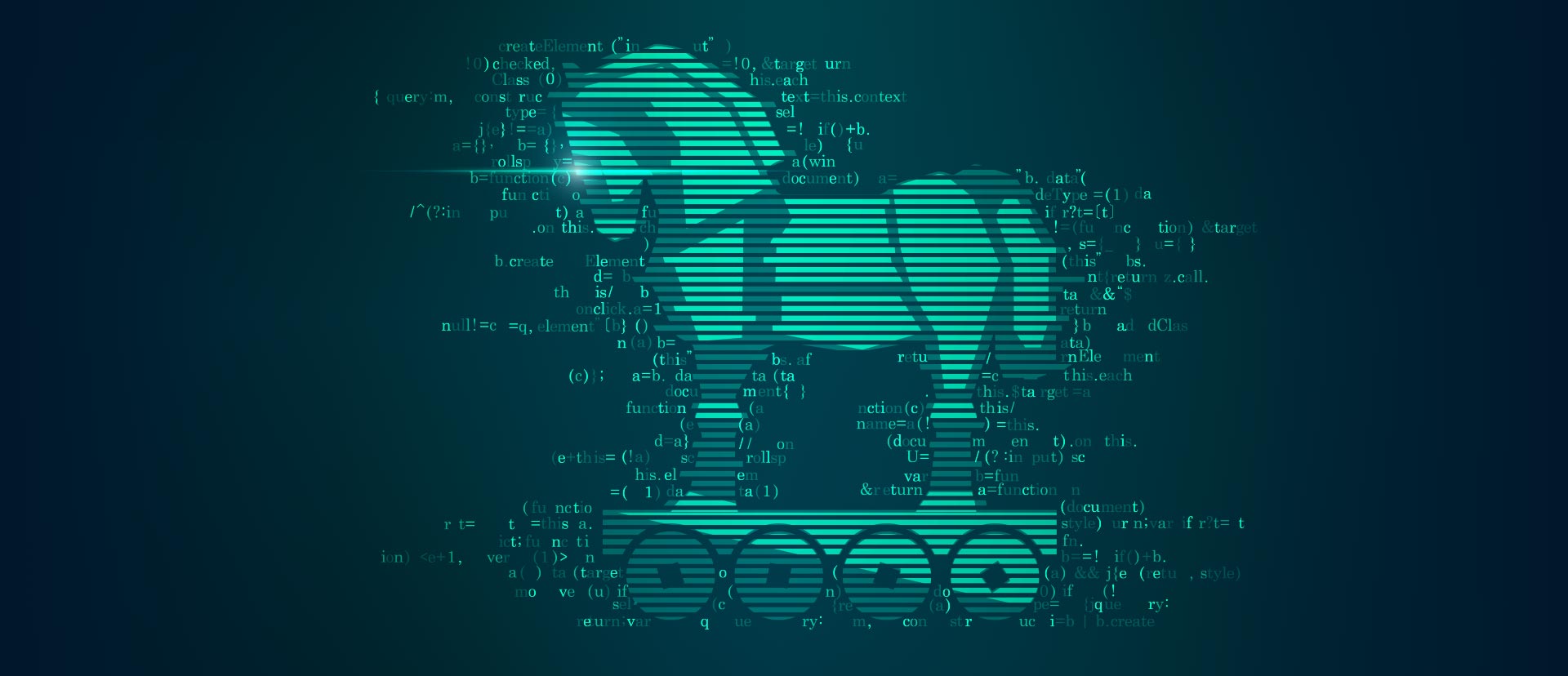In our data-driven society, privacy as a fundamental right should be recognized and upheld. We must adopt strong legal and technological protections that preserve our autonomy. Legally speaking we must establish a comprehensive federal scheme that recognizes privacy as a fundamental right. Technologically speaking, solutions that are architecturally developed from the individual privacy point of view should be deployed. These trust frameworks will need to mesh with new laws that support privacy as a fundamental right. New types of decentralized/blockchain identity systems are coming online and evolving which support privacy rights and restore the balance of power between the individual and service provider. These systems are disruptive, potentially very profitable, and will impact status quo business models. Tensions between the old and new will have to be resolved. With legal and technological means working together, we can protect our right to be left alone. Privacy is possible in the digital age.
By Susan Joseph[1]
I. INTRODUCTION: PRIVACY RIGHTS IN OUR DATA-DRIVEN ECONOMY
What does privacy as a fundamental right mean? How does that right fare in a data-driven society? How can we protect privacy through both legal and technological measures? Answers to these questions will define how we will be able to live our lives as they are increasingly intertwined with, and influenced by, existing and emerging technologies.
II. WHAT DOES PRIVACY AS A FUNDAMENTAL R
...THIS ARTICLE IS NOT AVAILABLE FOR IP ADDRESS 216.73.216.112
Please verify email or join us
to access premium content!

